The executor’s role in resolving estate disputes in Texas is a pivotal responsibility, fraught with legal complexities and emotional challenges. As the person appointed to carry out the wishes of the deceased, an executor’s path is often strewn with potential conflicts and legal hurdles. This article delves into the intricacies of this role, offering insight and guidance for those tasked with this solemn duty.
Imagine
Stepping into a wild Texas rodeo, but instead of wrangling bulls, you’re navigating the equally daunting world of estate disputes. Welcome to the life of an executor in Texas, where the stakes are high, and the challenges are as unpredictable as a bucking bronco. This isn’t just any legal showdown; it’s a personal journey through the tangled web of family dynamics, legal hurdles, and the hefty responsibility of honoring a loved one’s final wishes.
Why stick around for The Executor’s Role in Resolving Estate Disputes in Texas?
Because we’re diving deep into the executor’s role in resolving estate disputes in Texas, with a twist. Whether you’re an executor feeling more out of place than a penguin in a desert or simply curious about the legal rodeo, this article promises insights, strategies, and a few chuckles along the way. So, grab your cowboy hat (or your thinking cap, if you prefer), and let’s explore how to tame the wild ride of estate administration with finesse and perhaps a little grace.

Short answer?
Executors play the crucial role of peacekeepers in the often turbulent world of estate disputes. Why keep reading? Because you’ll discover not just the gravity of this role but also the strategies, legal insights, and ethical principles that can make navigating these disputes less of a rodeo and more of a masterful dance. Let’s get started, partner!
Executor’s Guide: Resolving Estate Disputes in TexasA Balancing Act: The Executor’s Role in Resolving Estate Disputes in Texas
An executor in Texas must navigate a labyrinth of legal obligations, from interpreting the will accurately to ensuring fair asset distribution. Their work is the bedrock of estate administration, demanding both precision and empathy. Each decision can have far-reaching implications for the beneficiaries involved.
The Legal Compass: Guiding Executors Through Disputes
Texas law provides a comprehensive legal framework for executors, detailing their duties, rights, and the boundaries within which they must operate. This legal compass is invaluable, offering direction amidst the complexities of estate administration and dispute resolution.

Unraveling Conflict: Identifying Sources of Dispute
Disputes often arise from ambiguities in the will, disagreements over asset distribution, or challenges to the will’s validity. These conflicts can deeply affect family dynamics, requiring executors to tread carefully to maintain harmony and fairness.
A Preventative Approach: Strategies to Minimize Disputes
Transparent communication and clarity in the administration process are key in preventing disputes. Engaging a neutral third-party mediator can also be an effective strategy, providing an impartial perspective that can help bridge divides between beneficiaries.
| Strategy for Preventing Estate Disputes | Benefits |
| Transparent Communication | Reduces misunderstandings by ensuring all parties are informed of the estate’s status and decisions. |
| Clear Processes | Minimizes confusion and disagreements by establishing clear, predictable steps for estate administration. |
| Involving a Neutral Third-Party Mediator | Provides an impartial perspective that can help mediate disagreements and facilitate compromise. |
The Art of Resolution: Mediation and Negotiation Techniques
Mediation and negotiation are essential tools in an executor’s arsenal. These techniques foster constructive dialogue, enabling parties to find mutually acceptable solutions that honor the deceased’s intentions while respecting the legal rights of all involved.
Will Contests: The Executor’s Crucial Role
In the event of a will contest, the executor’s role becomes even more critical. They must ensure that the contest is conducted fairly, with a transparent process that allows all parties to present their cases. This delicate balance requires a deep understanding of legal principles and a commitment to impartiality.
Ethical Foundations: Guiding Principles for Executors
Ethics are the cornerstone of the executor’s duties. Integrity, neutrality, and fairness must guide their decisions, ensuring that the estate is administered justly and that the executor’s actions are beyond reproach.
Learning from Experience: Case Studies in Dispute Resolution
Examining case studies of successfully resolved estate disputes can provide valuable lessons for executors. These real-life examples highlight effective strategies and approaches that can guide executors facing similar challenges.
Estate Planning’s Impact: Simplifying the Executor’s Task
Thorough estate planning can significantly ease the executor’s burden, reducing the potential for disputes. A clear, well-drafted will is an executor’s best ally, providing clear directions that can mitigate conflicts before they arise.
Supporting Executors: Legal Resources and Advice
Texas offers a wealth of resources for executors, from legal advice to professional mediation services. These resources are crucial, enabling executors to navigate their duties with confidence and ensuring they have access to the support they need.
Managing Family Dynamics: A Sensitive Undertaking
Dealing with complex family dynamics requires sensitivity and diplomacy. Executors must balance legal obligations with an understanding of the emotional landscape, navigating disputes with care to preserve family relationships.
Texas Law: A Foundation for Fair Resolution
Understanding specific Texas laws related to estate administration and dispute resolution is essential for executors. This knowledge ensures that they can navigate legal challenges effectively, providing a solid foundation for their decisions.
Facing Challenges Head-On: The Executor’s Journey
Executors often encounter numerous challenges, from legal complexities to emotional conflicts. Recognizing these challenges and preparing for them is crucial for anyone taking on this role.
Best Practices for Success: Guiding Executors Forward
Adhering to best practices, such as maintaining detailed records and fostering open communication, can guide executors through the process of estate administration and dispute resolution, ensuring they can fulfill their duties effectively and with integrity.
Upholding the Will and Ensuring Harmony
The executor’s role in resolving estate disputes in Texas is a testament to the importance of legal knowledge, ethical conduct, and interpersonal skills. By understanding their duties, employing effective strategies for dispute resolution, and adhering to ethical principles, executors can navigate the challenges of estate administration. This ensures that the deceased’s wishes are honored, the estate is distributed fairly, and family harmony is maintained.

And just like that
Our rodeo comes to a close. But don’t hang up your spurs just yet; being an executor in the vast landscape of Texas estate disputes is no small feat. It’s a role filled with twists, turns, and the occasional tumbleweed of unexpected challenges. Yet, with the right tools, a bit of legal savvy, and a dash of empathy, it’s a journey that can lead to resolutions as satisfying as a sunset over the Lone Star State.
Remember, at the heart of every estate dispute is a story—a tale of family, legacy, and the memories that bind them together. As an executor, you’re not just a legal wrangler; you’re a storyteller, a peacekeeper, and, yes, sometimes a miracle worker. So, take a bow, because navigating the complex world of estate administration is no easy task, yet it’s one that can make all the difference in honoring a loved one’s final wishes and keeping the family ranch intact.
Short answer?
Yes, estate disputes can feel like a rodeo, but with the right approach, you can turn chaos into harmony. Why stick around? Because, in the end, it’s not just about settling disputes; it’s about weaving a tale of resolution and respect that honors the past while looking to the future. Now, let’s ride off into that sunset, knowing we’ve made the wild ride of estate administration a little less daunting and a lot more meaningful.

Other Related Articles:
- The Basics of Texas Probate: A Guide for Executors and Heirs
- Estate Planning and Asset Distribution: Key Considerations
- Texas Probate Guide: Unraveling Legal Intricacies for a Seamless Journey
- Executor Duties in Texas: A Comprehensive Guide
- Common Misconceptions About Probate In Texas
- How To Choose the Right Executor For Your Texas Estate
- Can an executor refuse to sell a house?
- Unlocking the Mystery: How Long Does an Executor Have to Settle an Estate?
- Does an Executor Have To Show Accounting to Beneficiaries?
- Ordering Certified Letters of Testamentary as an Estate Executor
Frequently Asked Questions:








